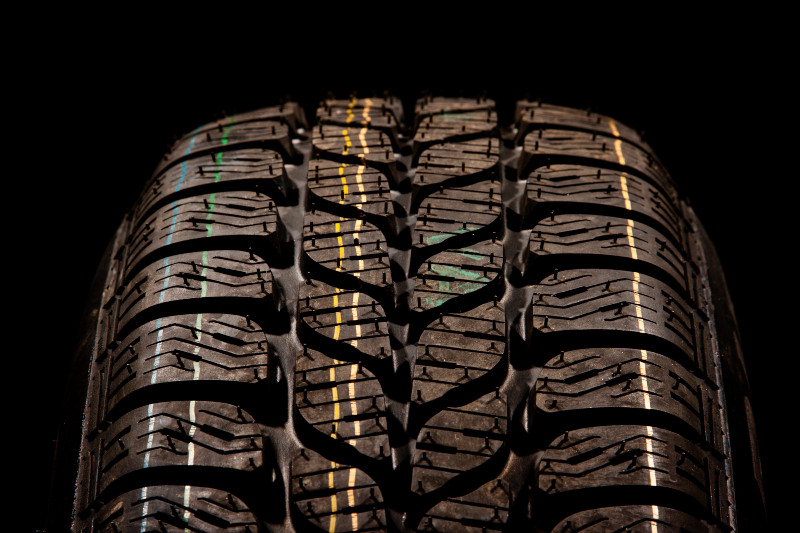How often should you change your tyres and which ones should you pick?
Your car tyres provide both cushioning and grip. This means that they play a huge role in the overall comfort and safety of your vehicle. With that in mind, here is a quick guide to getting the best from your car tyres.
How often should you change your tyres?
The only “one-size-fits-all” answer to that question is “it depends”. Firstly, it depends if you are using seasonal tyres or all-season tyres. Secondly, it depends on your driving style and what that means for your tyres.
Seasonal vs all-season tyres – the differences
Seasonal tyres are designed for use in either summer or winter. As the name suggests, summer tyres are optimised for use in warmer temperatures. They can, however, work in temperatures down to -7°C. Similarly, winter tyres are optimised for use in colder temperatures. They can, however, work in temperatures up to +7°C.
Also as the name suggests, all-season tyres are intended for use in all weather conditions. They tend to work best in the “mid-range” i.e. between -7°C and +7°C. Once you start getting hotter or colder than this, you will begin to notice a clear drop-off in performance as compared to seasonal tyres.
Choosing between seasonal and all-season tyres
As a rule of thumb, if performance is important to you, the more you should lean towards using seasonal tyres. In particular, if you regularly drive on country roads then seasonal tyres are often the way to go. Likewise, if you want maximum fuel economy, handling robustness, comfort and/or quietness, then seasonal tyres are also the way to go.
By contrast, if you mainly drive in urban areas, then all-season tyres may well be fine for you. Urban roads can definitely have their problems (e.g. potholes). In general, however, they tend to be much better maintained than rural ones. They also tend to be gritted relatively quickly in winter.
Working out when to change your tyres
If you use seasonal tyres then you’ll switch them out in line with the weather conditions. Additionally, you’ll need to change them completely when they are worn out. With all-season tyres, you’ll only need to change them when they’re worn out.
Unfortunately, there is no hard rule on when to replace tyres. Manufacturers often provide guidelines. They cannot, however, provide hard-and-fast rules because so much depends on each individual’s circumstances. There are, however, some pointers to use to decide if it’s time to change your tyres.
Tread depth
This is probably the major indicator of a tyre’s wear. In the UK, tyres must have a minimum tread depth of 1.6mm across the central three-quarter area. It’s advisable to measure this with a proper tyre gauge rather than using the likes of “coin tests”. Also, it’s highly advisable to remember that this is a minimum standard, not a target.
Tread pattern
As your tyres start to wear, you will start to see changes in your tyre’s tread pattern. In general, this will mainly consist of “wear bars”. These can be either between the treads or across the whole tyre.
Vibrations
Excessive vibrations indicate some kind of problem. One possibility is that your tyres have worn unevenly. Another is that they are unbalanced because they have not been rotated on a proper frequency. If neither of these applies then take your car to a garage to look for other damage.
Preserving your tyres
The better you look after your tyres, the longer they will last. Your starting point is making sure that they are always at the correct pressure. Remember that tyre pressure can drop very quickly in cold weather.
Your next point is to drive carefully. Try to avoid sudden starts, stops and turns. Instead, aim for smooth transitions. This will also improve your fuel economy.
As a final point, consider having your tyres checked by a professional once a year or so, even if you’re not having a service or MOT. That will allow any problems to be caught quickly.
Author Bio – Andrea Easton is the Head of Finance and Operations at Fleet Ex who specialise in quality ex-fleet/end of lease trucks and trailers and are global leaders in the trucking industry.
